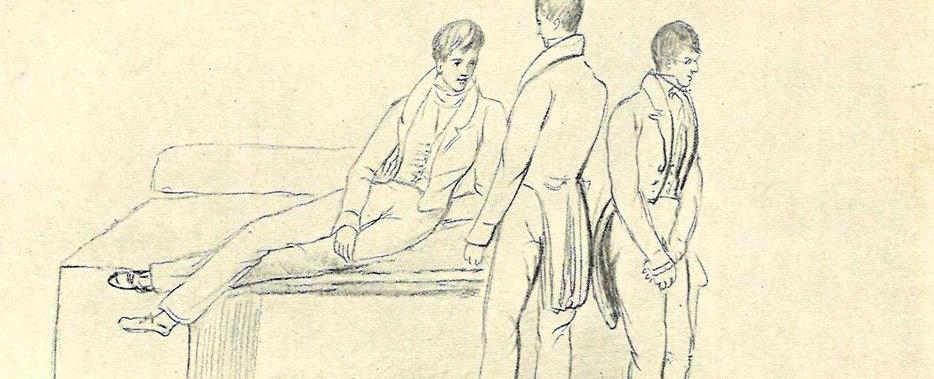Revisiting The Spirit of the Oxford Movement, by Christopher Dawson

Originally published in 1933, the 2023 republication of The Spirit of the Oxford Movement is accompanied by a new introduction by Kenneth Parker. In his introduction Parker asks us to be mindful of the book’s title in the hopes that we may remember that this work was not intended to be an all-encompassing account of the Oxford Movement and its lasting effect. Richard Dawson did not write “The Complete History of the Oxford Movement.” Instead, he gives us “The Spirit of the Oxford Movement,” a thoroughgoing account of the relationships and friendships between three of the movement’s figureheads: Keble, Froude, and of course, Newman. By focusing on the relationships between the movement’s pioneers, Dawson can argue for the emotional impetus that underlies the mission of the Oxford Movement, a sense that is perhaps best captured by the men’s poetry rather than their Tractarian works.

By Christopher Dawson. Introduction by Kenneth Parker. The Catholic University of America Press, 2023. $24.95.
Those who seek to find an all-encompassing account of the Oxford movement and its impact on the religious development of nineteenth-century England should not turn to this book first. Instead, this work is best suited for those who seek a rigorous and balanced account of the personalities that colored the Oxford Movement. In essence, this work is a character study of the monumental personalities that brought forth one of the most impactful religious movements in the history of England.
One should note, however, that Dawson clearly presumes his audience to have a familiarity with the religious conflicts happening during this period of English history. Readers who are unfamiliar with terms like Tory, Whig, and Stuart may find it difficult to grasp the contextual motivation for Newman, Keble, and Froude’s apostolic turn. That said, no prior knowledge of these three men is necessarily required for an enlightened perspective on their contributions to the Oxford Movement. This fact owes to the undemanding readability of Dawson’s prose.
Regarding this book’s relevance for contemporary Newman studies, one must be warned that the book primarily focuses on Hurrell Froude. In fact, during my time reading this book, I often found myself regarding the work as an apologetic defense of Froude’s personality through a commentary on his great influence on both Keble and Newman. On the one hand, Dawson’s exaltation of Froude’s influence on Newman portrays Newman as an easily swayed rhetorician instead of a clear-sighted intellectual giant. On the other hand, the thorough exposition of Froude’s influence (usually through citing correspondence) helps the reader understand the emotional undercurrents of Newman’s ecclesiastical developments. Regardless, to echo Parker, Dawson clearly maintained a belief in the importance of individual personalities for the development of larger historical movements, a belief of which this work is a remarkable example.

The Spirit of the Oxford Movement finds its strength in the colorful depiction of the personalities behind the Oxford Movement. Anyone interested in the character of Newman, Keble, or Froude will find great value in this book. Those who want an account of the lasting significance of the movement should look elsewhere, and those who have little familiarity with the various religious and political movements of England in the 1830’s should enter this work alongside other prerequisite materials.
Austin Cottrell
Austin Cottrell received his Masters in Philosophy from Duquesne University. In his free time he enjoys reading and spending time with his partner Michaela and their two cats.
QUICK LINKS

